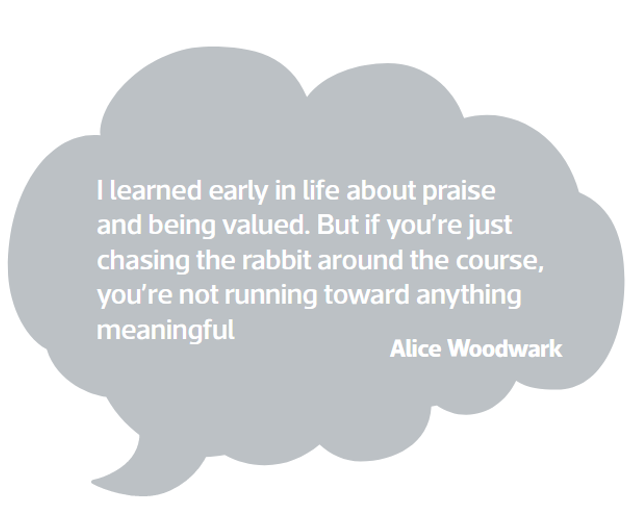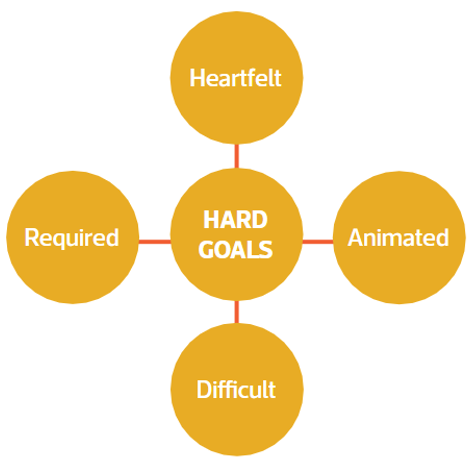Achievement as a concept is linked to meeting targets that we set ourselves or are set for us. Real achievement often lies in setting a challenge which is tough and take us beyond what we thought we were capable of. It may be as an individual or part of a team, but it always feels good. Joel Blake OBE is the Institute of Leadership & Management’s Ambassador for Achievement. He had multiple disadvantages growing up, yet he exceeded all expectations given to him. Some aspects of achievement in organisations are easy to measure. Achieving objectives and targets and even adding to the “bottom line” are all easily quantifiable, but perhaps it is the less quantifiable aspects of achievement which distinguish a great leader from someone who harries their workforce into delivering short-term and unsustainable gains.

The Practice of Achievement Leadership
Authentic leadership requires a leader to be true to themselves. Achievement leadership means being authentic but setting a challenge. Murphy (2010) suggests achievement works better when we go beyond SMART (simple, measurable, achievable, realistic and timebound) goals to HARD goals.

Heartfelt: It must be something you really want with all your being and it promises more value than any other. Both personally and as a leader you need to have passion and inspire it in others
Animated: You need to make it so real you can almost see, touch and feel the achievement before it’s realised
Required: You need to believe that it is necessary and urgent, and that procrastination will not do. As a leader you must push the mission/ project with energy
Difficult: An easy goal is usually insufficiently motivating and whilst a difficult goal may lead to initial confusion and fear, the result is worth it. Murphy describes a sweet spot - where there is enough challenge, but it is possible. Achieving leaders understand that and scaffold objectives to prevent failure and the creation of a blame culture
What does Achievement Leadership Look Like?
Achieving leaders have personal capabilities which will be admired by those who work with them. Firstly, they are a model of resilience. Leaders who achieve must be like elite athletes, no setback will defeat them. Such leaders are also adaptable because to maintain achievement a leader should be as comfortable with change as they are with a static state.
There is no single set of capabilities for leadership but to foster an achievement culture, a leader will have to aim for those things which make work challenging for all the right reasons. A healthy workplace and a good understanding of HR are as Herzberg described, a matter of hygiene – those things which if not in place, sap organisational energy and take focus away from achievement. Performance management by achieving leaders will focus on outcomes and encourage others to do so. Sustainability is at the core of achievement over the medium to long term. Sustaining growth in HR terms means a focus forward on what or who comes next including developing talent, coaching and mentoring. Personal achievement feels great, leading achievement is even better.

